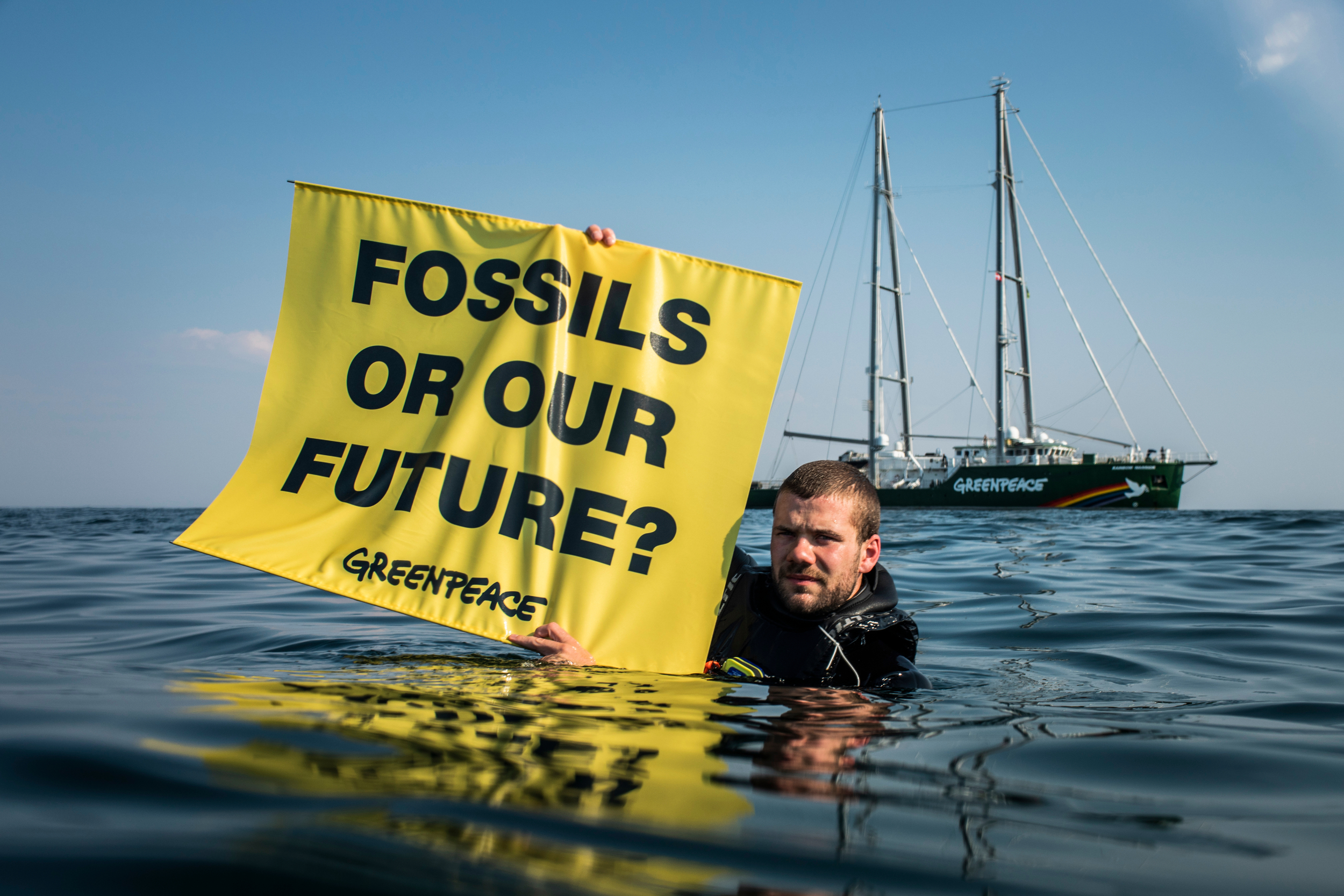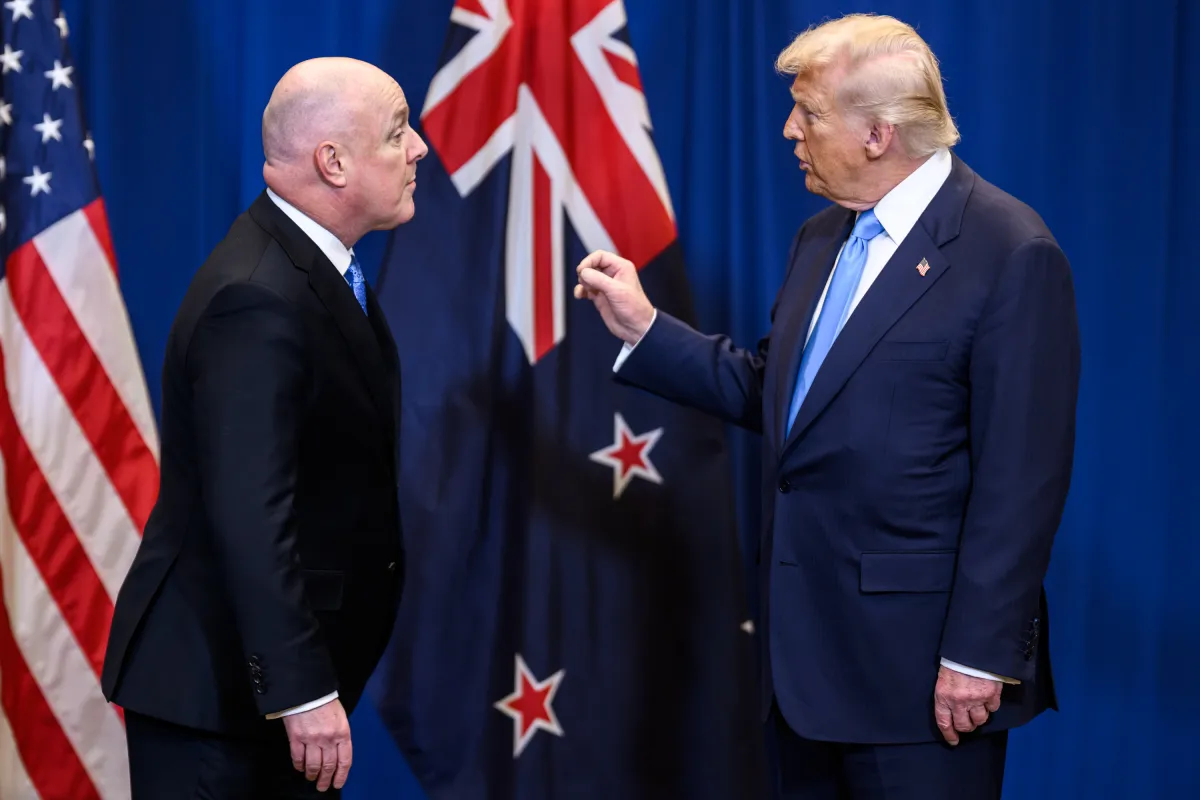Those of us who care about nature will likely have experienced feeling our world broadened by a Māori worldview. I have personally felt reassured by the idea of respecting rivers, mountains and the ocean in the same way we respect our elders and ancestors; in showing consideration for other living things the way that we would for our family and peers.
It is a profound experience of sanity in a society that more often treats the land, trees and rivers as resources to be extracted or the ocean and air as receptacles for our waste.
Since having a child three years ago, one of the concepts that has most stood out to me is “mokopuna decision-making”. It is the idea that the choices made today should be in the best interests of our children, grandchildren and future generations. It’s the kind of long-term thinking so many of us crave in this time of three-year election cycles, where politicians campaign on trivial fads to win votes with no real vision for a better future.
The Treaty – Te Tiriti o Waitangi – is a powerful defence against environmental exploitation
It is no coincidence that so many wins in the fight to protect nature have been achieved alongside the steady affirmation of Te Tiriti o Waitangi. In the last decades, the Treaty has been one of the best defences against rampant exploitation of the environment. A Māori worldview treats nature very differently to the worldview New Zealand inherited from England at the height of the industrial revolution. And it’s a worldview that benefits us all.
It is no coincidence that David Seymour’s ACT Party is on a mission to rewrite the Treaty. The Treaty of Waitangi has been an exceptionally effective tool in the fight to protect communities and the natural places they care about from exploitation by outside interests. It is because it is so powerful that ACT wants to debate the Treaty out of existence.
Weakening the Treaty risks fast-tracking environmental destruction
The Treaty Principles Bill is part of a package of policies designed to override community input and environmental protections in order to fast-track more mines, highways and dams. Remarkably, these policies do not add up to a coherent, long-term vision for improving our local and national infrastructure. They are a grab-bag of random projects plucked from the wishlists of corporate lobbyists. Some of the fast-tracked projects even have merit, but they are sadly tarnished by association. We do need more solar generation, but let’s get it through a good process.
David Seymour is trying to convince New Zealanders that his Treaty Principles Bill is about equal rights. But what is equal about the fact that corporations have the same rights as people? What is equal about the fact that corporate donors and lobbyists have outsized access to our democratically-elected decision-makers compared to regular people and communities? What is equal about an Australian mining company using that privileged access to push through a seabed mine in Taranaki’s precious ocean despite a decade of virtually unanimous opposition from iwi, local communities and the rejection of the Supreme Court?
Eroding the Treaty will only widen this inequality gap between everyday people and corporations.
Standing together to protect nature – and winning
Greenpeace has stood alongside Māori in many fights to protect communities and nature. We would never have won the ban on offshore oil and gas exploration without the leadership of iwi like Te Whānau-ā-Apanui and a huge mobilisation of Māori people against overseas oil companies like Statoil, Shell and Petrobras. This win endures to this day. Because, while the Government is making a big song and dance about wooing oil companies back to New Zealand, those oil company executives know too well that public sentiment is not in their favour. It is too risky to mobilise the millions of dollars needed to set up here when the political winds could easily change at the next election.
That is the enduring power of communities coming together to protect the places they care about.
Two peoples taking the best possible care of each other
We are all enriched by a Māori worldview. Those of us who have had the experience of being welcomed onto a marae, of learning waiata or watching kapa haka will almost certainly have experienced that Māori culture is one of the most generous and welcoming. The Treaty of Waitangi is a signed agreement welcoming non-Māori to live alongside Māori in this land; to share the best of our cultures. It is a “promise of two peoples to take the best possible care of each other.”
It is not, as David Seymour is trying to have us believe, a signing away of Māori rights to self-determination. Because who would willingly sign away their rights to have a say over what happens to their people, their community and the precious places they care about?
Let’s not willingly hand over our rights to protect our communities and the places we care about by allowing David Seymour to get his way with the Treaty Principles Bill. Just like the Fast-Track Approvals Bill, it is a pathway to increasing the power of corporations over regular people. It is a path to weakening us, by giving wealth and abundance away to company shareholders, while eroding the natural and physical infrastructure that sustains us. It is a path to letting polluters and destroyers write the rules about this land.
New Zealanders care deeply about the health of the places they live, the environment and their communities. Those of us living now and future generations deserve clean land, air, and water that keeps us healthy and thriving long into the future. So let’s join together to defend Te Tiriti o Waitangi, which has been so critical in protecting communities and the environment from bad developments. Let’s move forward and be enriched by what a stronger articulation of Māori culture could achieve for all of us, our children and grandchildren.
If you care about nature, as I do, please take a moment to make a submission in defence of Te Tiriti o Waitangi.




